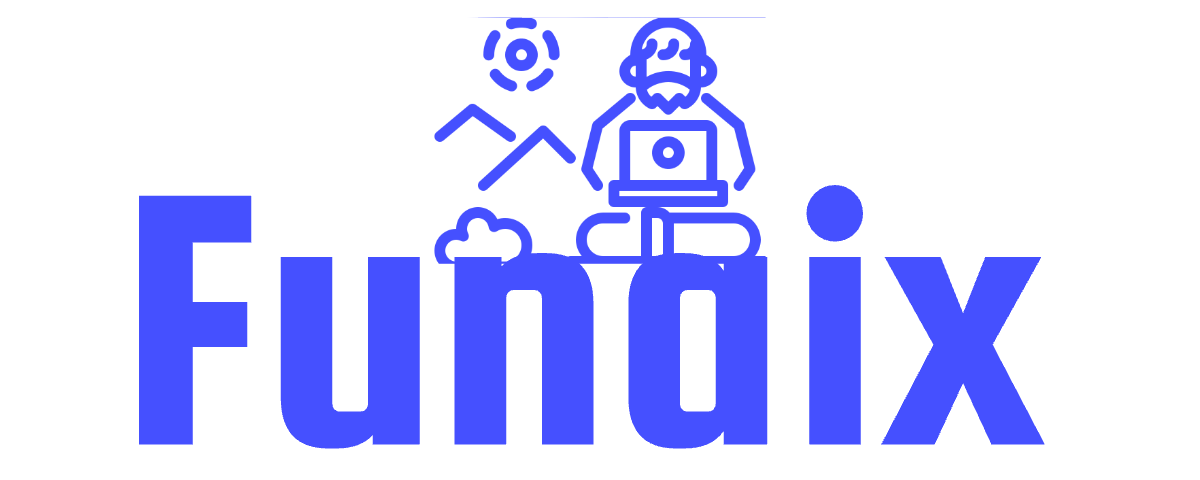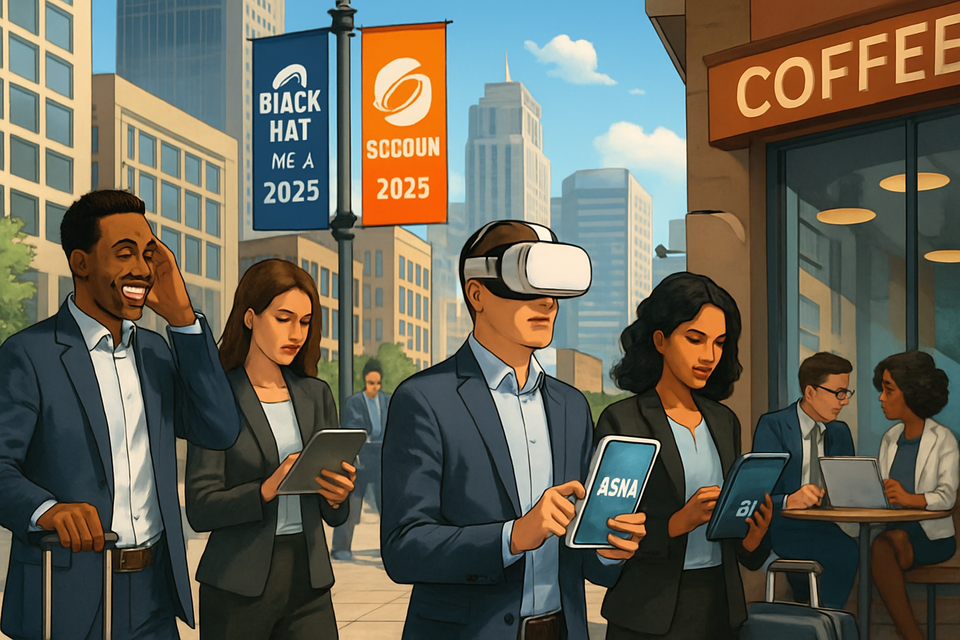Inside the AI Race for the Next Miracle Drug: How Artificial Intelligence Is Revolutionizing Drug Discovery in 2025
AI is reshaping drug discovery, slashing timelines and costs. From Google-backed labs to startups, the race is on to bring safer, more effective medicines to market faster. Dive into this revolution where code meets cure and the stakes are human health.

By Funaix Editorial | August 3, 2025
“In 2025, the world’s most powerful computers aren’t just playing chess—they’re rewriting the rules of medicine itself.”
Welcome to the New Frontier: Where Code Meets Cure
If you thought Silicon Valley’s obsession with protein bars was intense, just wait until you see its new fixation: designing the next miracle drug using artificial intelligence. In a plot twist worthy of a biotech thriller, Nobel Prize-winning scientists, Google-backed labs, Nvidia-powered startups, and a constellation of AI wizards are racing to reimagine drug discovery. And the stakes? Nothing less than the future of human health—and yes, trillions of dollars.
Why Is Drug Discovery So Hard (And Expensive)?
Traditional drug discovery is a marathon through a swamp, not a sprint down a highway. Developing a new medicine can take 10–15 years and cost upwards of $2 billion. Most candidates fail long before they ever see a pharmacy shelf. Why? Biology is messy, unpredictable, and—until now—painstakingly slow to decode.
Enter AI: the ultimate pattern-spotter, able to parse oceans of molecular data, simulate protein folding, and even dream up molecules that have never existed in nature. The result? Timelines are shrinking, costs are dropping, and the pharmaceutical world is buzzing like a server farm on Black Friday.
The Titans of the AI Drug Discovery Arena
Who’s leading this digital-medical revolution? Let’s meet the heavyweights and the upstarts:
- Isomorphic Labs (Google/DeepMind): Led by Sir Demis Hassabis, these AI juggernauts are leveraging AlphaFold’s protein-predicting wizardry to design drugs for cancer, heart disease, and more. Their first AI-designed drug is set to enter clinical trials by year-end, and collaborations with pharma titans like Eli Lilly and Novartis are already underway.
- SandboxAQ (Nvidia-backed): This spin-out from Google is using Nvidia’s muscle to generate 5.2 million synthetic 3D molecular structures, offering a vast treasure trove for AI models to predict which drug candidates will actually bind to target proteins—crucial for early-stage breakthroughs.
- Latent Labs (Ex-DeepMind, Simon Kohl): Armed with $50 million in fresh funding, Latent Labs is on a mission to make biology “programmable.” Their generative AI platform allows drugmakers to design synthetic proteins, potentially leapfrogging traditional approaches and even their former colleagues at Isomorphic Labs.
- Insitro (Daphne Koller): Merging machine learning with quantitative biology, Insitro partners with giants like Eli Lilly and Bristol Myers Squibb, focusing on metabolic, neurological, and degenerative diseases. Their secret sauce? Using AI to identify not just drugs, but the right patients for the right treatments.
How AI Is Rewriting the Drug Discovery Playbook
1. Synthetic Data: Dreaming Up the Undreamt
SandboxAQ’s release of millions of synthetic molecular structures marks a paradigm shift. By training AI on molecules that don’t exist in nature but are based on real experimental data, researchers can explore chemical “blind spots” faster than ever before.
2. Generative Models: The Drug Designer’s New Muse
Think of generative AI as the jazz improviser of science: it can propose new drug candidates, simulate their effects, and predict how they’ll interact with human biology—before a single test tube is uncorked.
3. Machine Learning for Clinical Precision
Companies like Insitro use machine learning to sift through mountains of genetic and clinical data, identifying not just new therapies but also the patient subgroups most likely to benefit. This isn’t just faster—it's smarter, more personalized medicine.
Investment Boom: Billions and Bragging Rights
With eye-popping investments from venture capital, Big Tech, and pharma, AI drug discovery is the hottest ticket in town. Google, Nvidia, and a who’s-who of Silicon Valley are pouring billions into the sector, betting that the next miracle drug could come from a neural network rather than a Nobel laureate’s pipette.
“The potential for AI to accelerate drug development isn’t just hype—it’s already reshaping how, and how fast, we bring new medicines to patients.”
Ethical Debates & Data Dilemmas
Of course, with great power comes great responsibility—and a few existential headaches. Who owns the AI-generated molecules? How do we ensure fairness in training data? And will AI-designed drugs be tested equitably across diverse populations? Industry leaders are calling for transparency, robust clinical validation, and global standards to avoid ethical black holes.
Real-World Impact: From Code to Clinic
The ultimate test: can AI actually deliver new, safe, effective drugs—faster? Early signs are promising. Isomorphic Labs aims to have its first drug candidate in trials this year. Parexel and Amgen are piloting AI to speed up everything from molecule discovery to safety reports. And with AI now able to spot patterns in X-rays or genetic data that humans might miss, the clinical possibilities are multiplying.
What’s Next? (And Why You Should Care)
- Faster, cheaper clinical trials: AI is slashing the time it takes to go from molecule to market, potentially saving lives and billions of dollars.
- More personalized therapies: Tailored treatments for rare diseases, cancer subtypes, and even individual patients are within reach.
- New jobs, new skills: The next generation of drug hunters will need to code as well as compound. (Time to dust off that Python book?)
“In the AI race for the next miracle drug, the finish line keeps moving—but the winners could be all of us.”
Join the Conversation (and the Revolution)
Hungry for more? Want to debate the ethics, cheer for your favorite AI lab, or simply stay ahead of the curve as the future of medicine unfolds? Subscribe for free to become a Funaix Insider at this link and unlock exclusive analysis, smart news, and the chance to comment on this article. Only subscribers can join our comment threads—and it’s free, for now!
The AI drug revolution is just beginning. The next big breakthrough—or controversy—could drop at any moment. Don’t miss it. Subscribe today and be the first to know, discuss, and shape the future of medicine.
Sources: Reuters, Financial Times, Associated Press, Funaix research. This article is for informational purposes only and does not constitute medical or investment advice.




